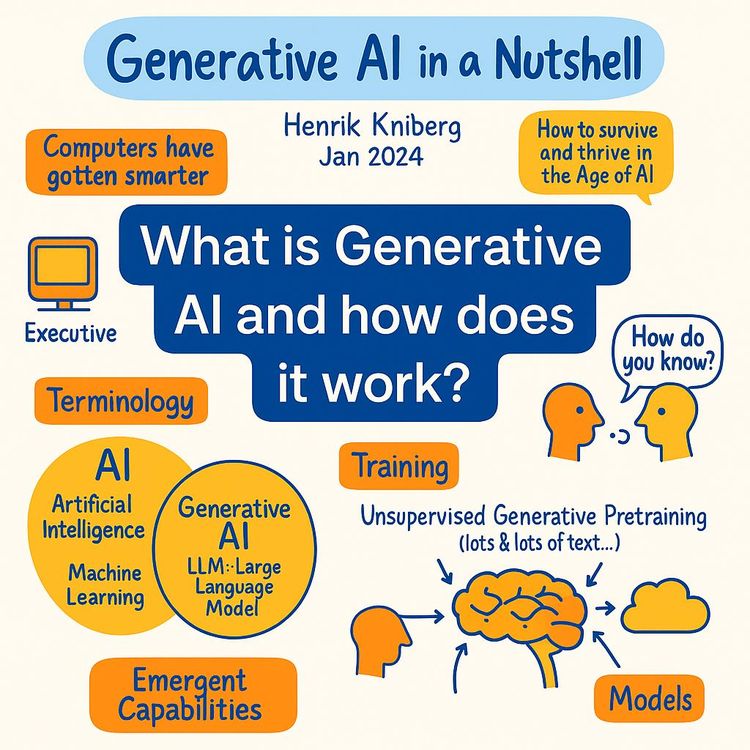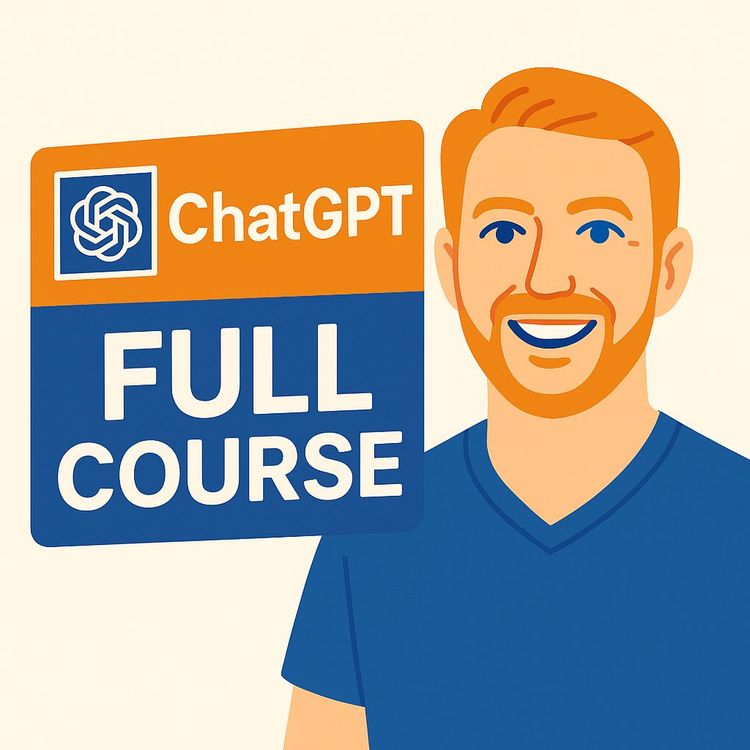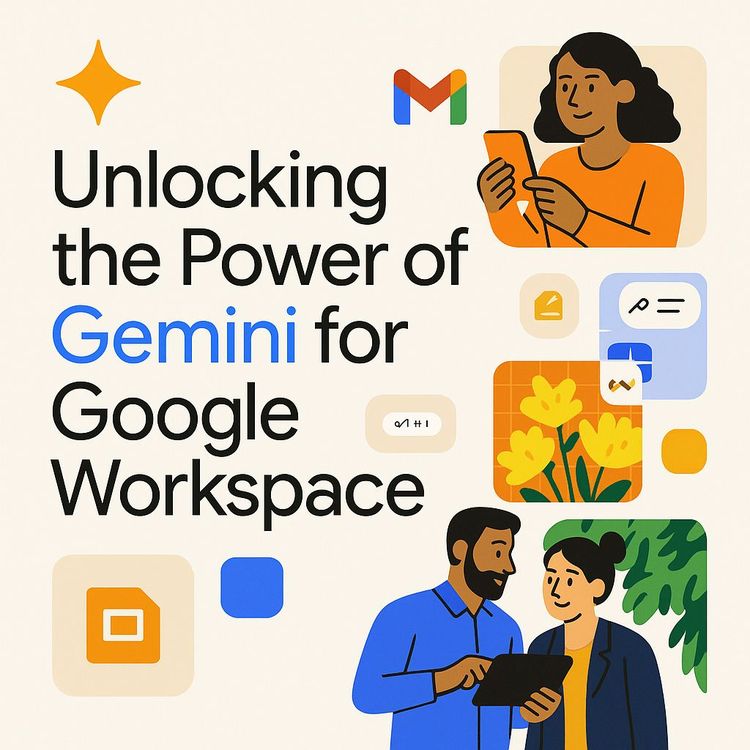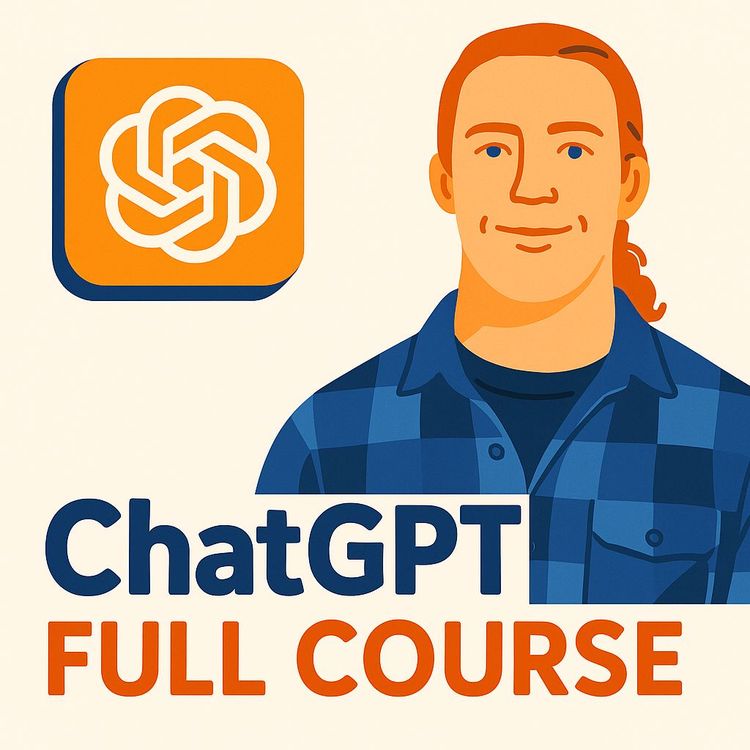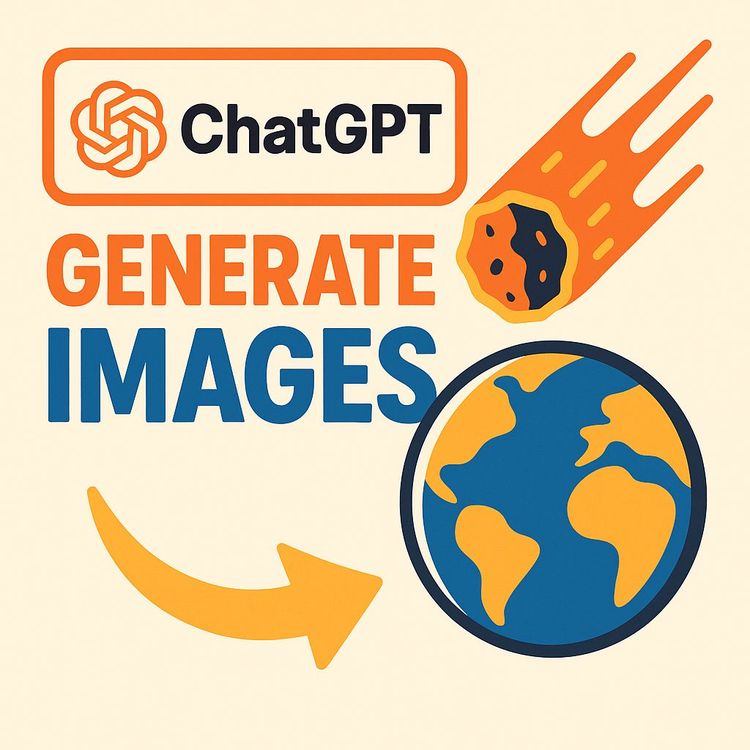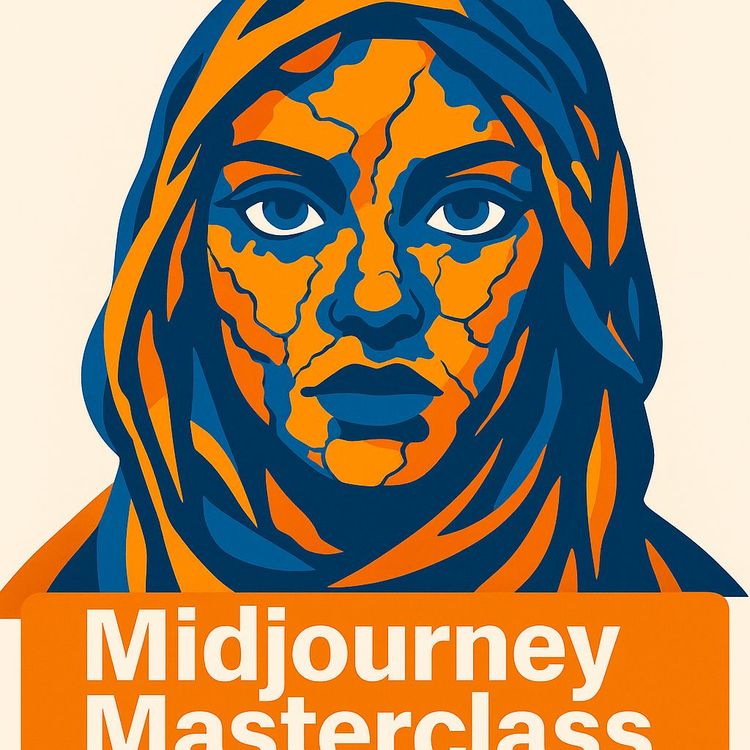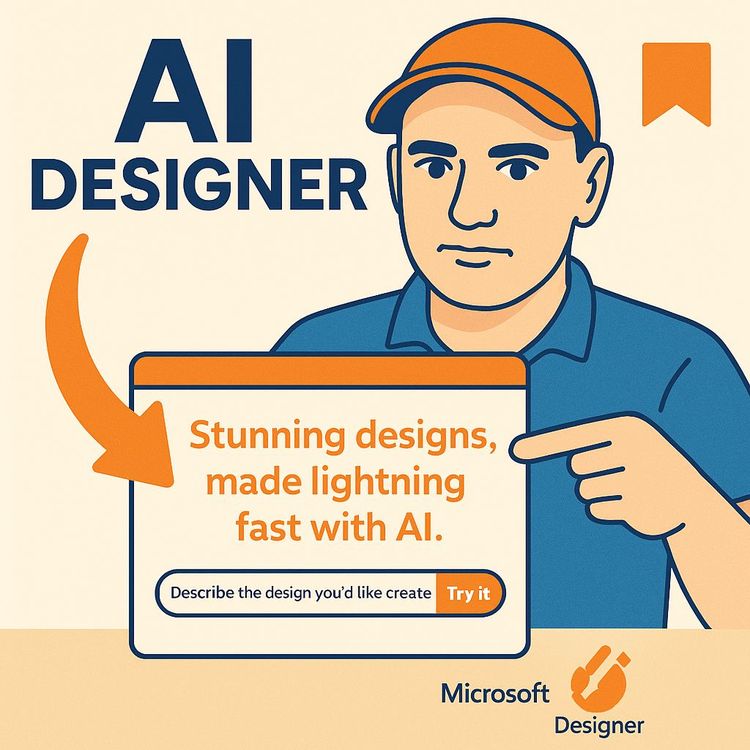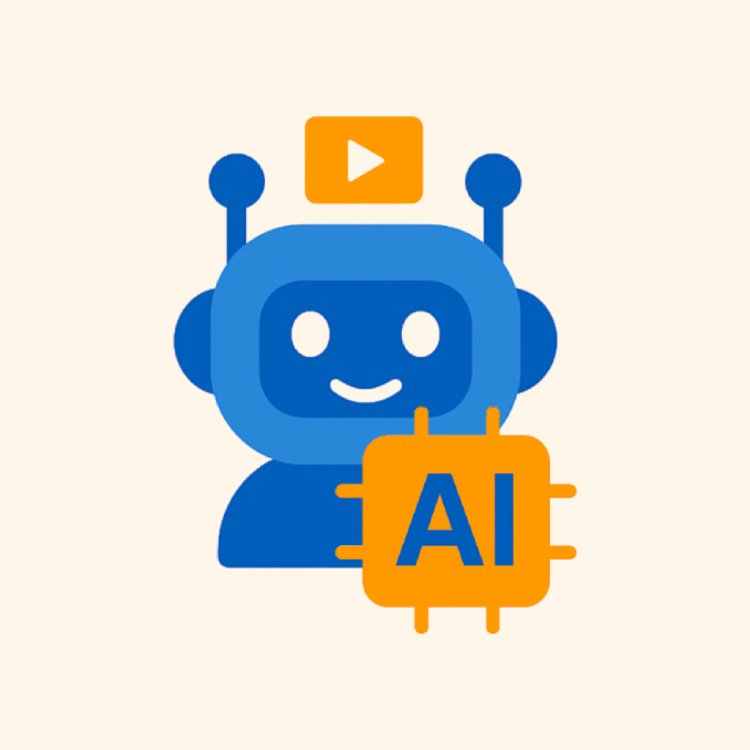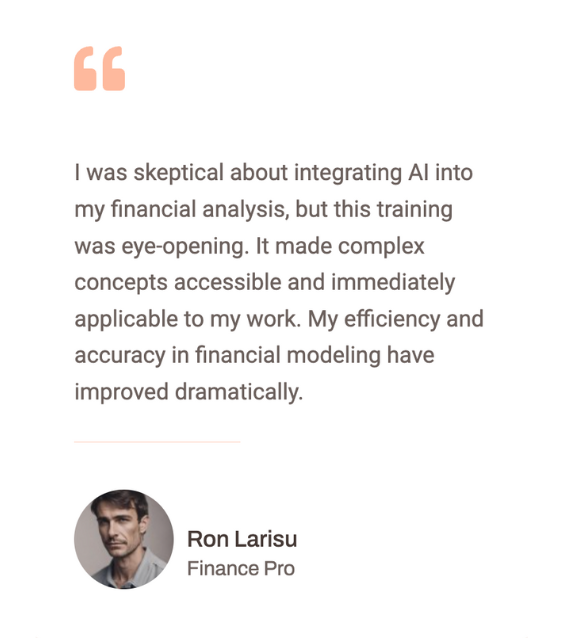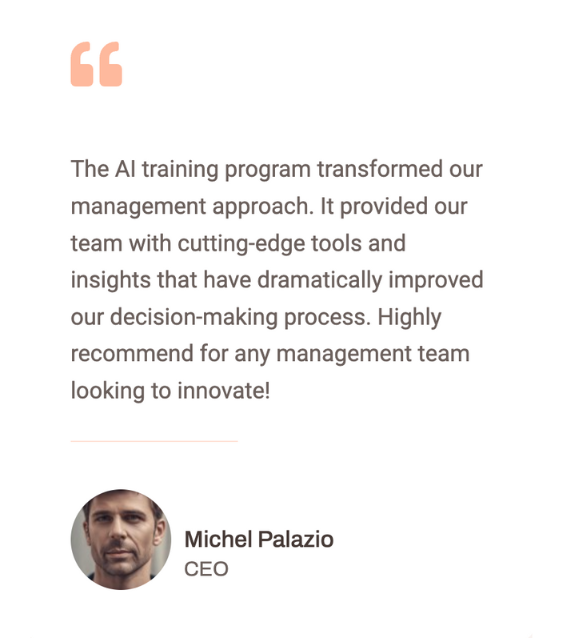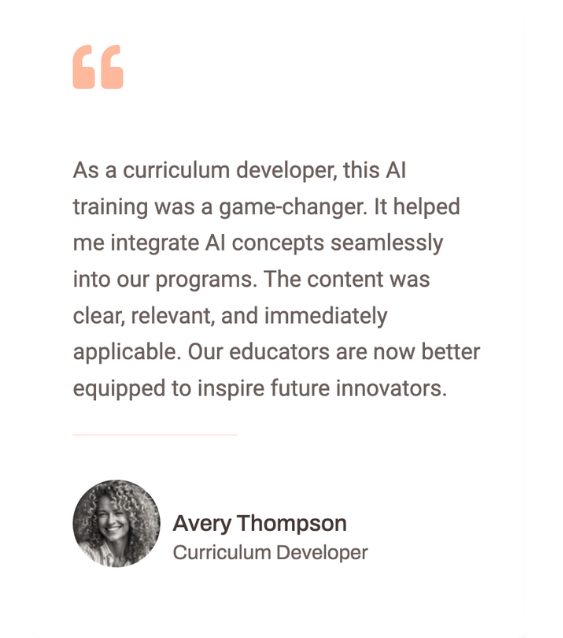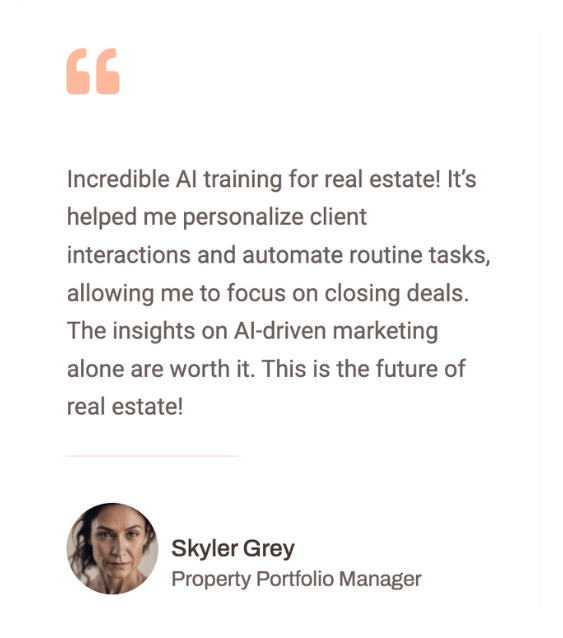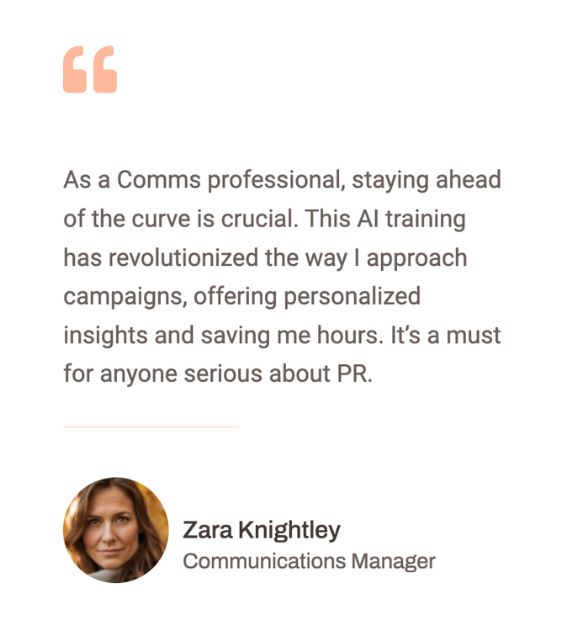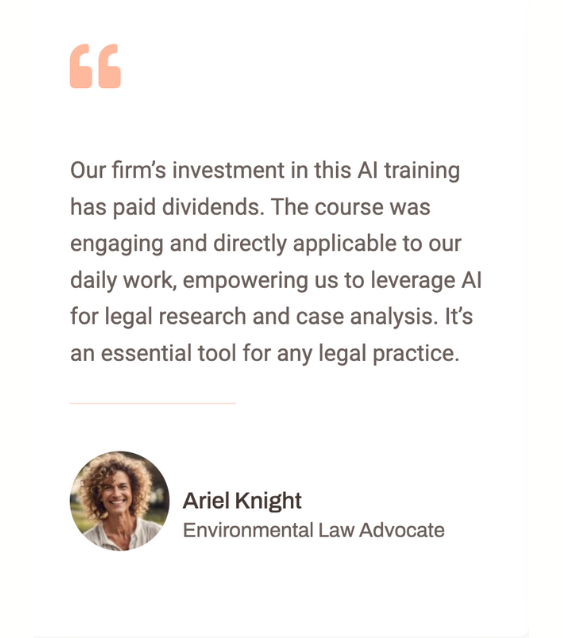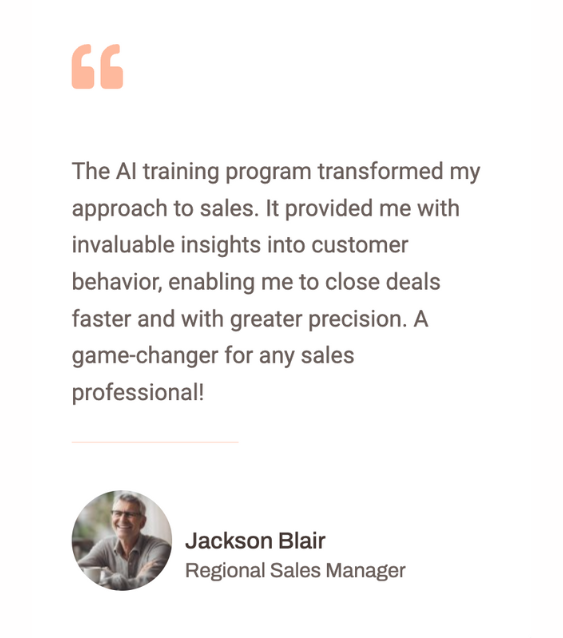Video Course: Unlock the Power of ChatGPT for Effective Project Management
Embark on a transformative journey to master project management with AI. Learn how to make ChatGPT your indispensable assistant to streamline tasks, enhance decision-making, and boost efficiency, all while understanding its limitations and risks.
Related Certification: Certification: ChatGPT-Powered Project Management for Enhanced Productivity
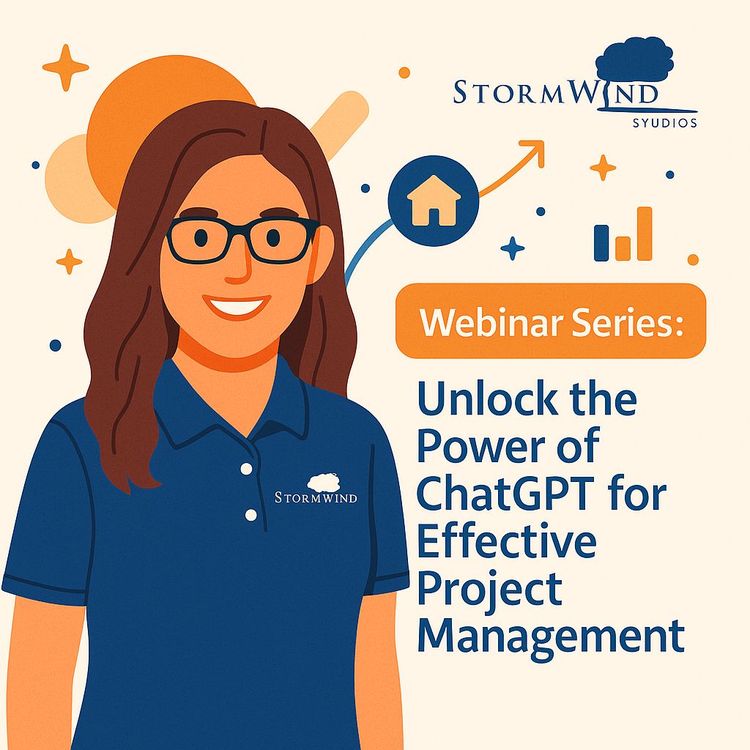
Also includes Access to All:
What You Will Learn
- Use ChatGPT to draft agendas, emails, and project templates
- Create initial WBS items and user stories from project goals
- Write and refine effective prompts for better AI outputs
- Identify ChatGPT risks and apply mitigation and review practices
- Integrate AI suggestions into project workflows and tools
Study Guide
Introduction
Welcome to the transformative journey of mastering project management with the help of AI. In this course, "Unlock the Power of ChatGPT for Effective Project Management," you'll explore how ChatGPT can become your indispensable digital assistant. This course is designed for project managers eager to streamline their tasks, enhance decision-making, and boost efficiency through AI. By the end of this course, you'll know how to leverage ChatGPT's capabilities to manage projects more effectively, while being mindful of its limitations and risks.
Understanding ChatGPT and Its Capabilities
What is ChatGPT?
ChatGPT, short for Generative Pre-trained Transformer, is an AI language model designed to understand and generate human-like text. Unlike traditional search engines, ChatGPT offers direct, conversational responses, making it a versatile tool for a wide range of tasks.
General Uses of ChatGPT
ChatGPT can assist in planning events, creating diet plans, and generating creative content like children's books. Its ability to understand context and generate coherent responses makes it an exciting technology with vast potential applications.
Practical Example:
Imagine you're planning a project kickoff meeting. You can ask ChatGPT to draft an agenda, suggest icebreaker activities, and even generate a follow-up email template. This saves time and ensures you don't miss critical details.
Applications of ChatGPT in Project Management
Email and Document Templates
ChatGPT can create templates for emails, agendas, and basic project documents, reducing the time spent on repetitive tasks.
Example:
If you need to send a project update email, ChatGPT can draft a professional template that you can customize with project-specific details.
Work Breakdown Structures (WBS) and User Stories
For brainstorming sessions, ChatGPT can help develop WBS and user stories, providing a solid starting point for more detailed planning.
Example:
During a sprint planning session, ask ChatGPT to generate user stories based on project goals. This can spark ideas and streamline the brainstorming process.
Risks and Limitations of Using ChatGPT
Data Accuracy and Training Cut-off
ChatGPT's free version (3.5) is trained on data up to 2021, which may lead to outdated or incorrect information.
Example:
When querying about the latest project management methodologies, verify the information against current resources to ensure accuracy.
Over-Reliance on AI
There's a risk of becoming too dependent on AI, which can lead to neglecting critical thinking and human oversight.
Example:
While ChatGPT can draft risk registers, it's crucial to review and validate them with team members to ensure all potential risks are addressed.
Strategies for Effective Prompting ("Prompt Engineering")
The Importance of Clear Prompts
The quality of ChatGPT's output heavily relies on the clarity and specificity of the prompts. Treat ChatGPT like a virtual assistant, providing clear and polite instructions.
Example:
To generate a project timeline, specify the project scope, key milestones, and desired output format in your prompt for optimal results.
Iterative Refinement and Context
Building upon generic prompts and refining them iteratively can lead to better results. Restarting a new chat for unrelated tasks can also improve outcomes.
Example:
If you're not satisfied with the initial response, refine your prompt by adding more context or breaking down the task into smaller, manageable parts.
Organisational Considerations and Best Practices
Data Privacy and Security Protocols
Organisations need to establish robust data privacy and security protocols when using AI tools like ChatGPT.
Example:
Implement guidelines for handling sensitive information and ensure team members are trained on data protection best practices.
Training and Monitoring
Training team members on ChatGPT's limitations and monitoring its usage within project management activities is crucial to mitigate risks.
Example:
Regularly review AI-generated content for accuracy and relevance, and provide feedback to team members to improve their interaction with ChatGPT.
Future Implications and Integration
AI Integration in Software
AI is rapidly being integrated into existing software and platforms, enhancing their capabilities and expanding their creative potential.
Example:
Tools like Microsoft Co-pilot and potential plugins for Trello and Planner can further streamline project management tasks by integrating AI-driven insights.
Ethical and Bias Considerations
The emergence of AI ethics and bias as important discussion points reflects the growing societal impact of these technologies.
Example:
Engage in discussions about AI ethics in your organisation to ensure responsible use of AI tools and address potential biases in AI-generated content.
Conclusion
By completing this course, you've unlocked the potential of ChatGPT as a powerful tool for project management. You've learned how to leverage its capabilities to streamline tasks, enhance decision-making, and improve efficiency while being mindful of its limitations and risks. Remember, thoughtful application of these skills is crucial to maximizing the benefits of ChatGPT in your project management endeavors. As you integrate ChatGPT into your workflow, continue to explore its capabilities, refine your prompting techniques, and stay informed about the evolving landscape of AI tools. Your journey to mastering AI-enhanced project management has just begun.
Podcast
There'll soon be a podcast available for this course.
Frequently Asked Questions
Introduction
Welcome to the FAQ section for the 'Video Course: Unlock the Power of ChatGPT for Effective Project Management'. This resource is designed to address common questions about leveraging ChatGPT as a powerful tool in project management. Whether you're new to AI or an experienced professional, you'll find insights and practical advice to enhance your project management skills.
1. What is ChatGPT and how can it be useful for project managers?
ChatGPT (Generative Pre-trained Transformer) is an AI language model capable of understanding and generating human-like text. For project managers, it can serve as a digital assistant to streamline various tasks. This includes drafting project-related documents like agendas, emails, and basic templates (e.g., for risk registers or communication plans). It can help reduce time spent on repetitive tasks, freeing up project managers to focus on more strategic activities.
2. What are some specific ways project managers can use ChatGPT in their daily work?
Project managers can leverage ChatGPT in numerous ways, such as:
- Creating initial drafts of documents: Generating first versions of meeting agendas, status reports, communication plans, and even sections of project management plans.
- Brainstorming: Asking for ideas on risk identification, stakeholder engagement strategies, or solutions to project challenges.
- Writing user stories (in Agile projects): Although the initial output might be more of an epic, it can serve as a starting point for more detailed user stories.
- Generating code: Creating basic Python or PowerShell scripts for automation or other technical needs.
- Summarising information: Condensing lengthy documents, articles, or even YouTube video content related to project management methodologies.
- Improving communication: Rewriting emails to be more empathetic or tailored to a specific audience.
- Creating templates: Developing basic templates for common project management artefacts that can then be further customised.
- Analysing data (to a limited extent): Asking for interpretations of project metrics like CPI and suggestions for improvement.
3. Are there any risks or limitations to using ChatGPT for project management?
Yes, several risks and limitations should be considered:
- Accuracy and Bias: The data ChatGPT was trained on primarily goes up to 2021, so information on very recent developments might be inaccurate or incomplete.
- Over-reliance: There's a risk of becoming overly dependent on AI and neglecting critical human skills like critical thinking and empathy.
- Data Security and Privacy: Inputting sensitive information poses significant security risks as the data is sent to the cloud.
- Lack of Context and Human Touch: ChatGPT may struggle with understanding complex, domain-specific knowledge.
- Ethical and Legal Concerns: Using AI-generated content in highly regulated industries requires careful review by human experts.
- Misinformation: ChatGPT can sometimes generate incorrect information, necessitating thorough review and verification.
4. How can project managers mitigate the risks associated with using ChatGPT?
To minimise the risks, project managers should:
- Always review and verify AI-generated information: Cross-reference information with reliable sources.
- Establish data privacy and security protocols: Be cautious about inputting sensitive information.
- Train team members on the limitations of AI: Ensure everyone understands that ChatGPT is a tool and not a replacement for human judgment.
- Monitor AI usage: Implement guidelines and oversight for how AI tools are being used within project teams.
- Focus on using ChatGPT for generic tasks and brainstorming: Leverage it for initial drafts and idea generation.
- Engage in prompt engineering: Learn how to craft effective prompts that guide ChatGPT towards more accurate outputs.
5. How does prompt engineering influence the quality of ChatGPT's output?
Prompt engineering is the art of crafting effective and clear instructions to guide ChatGPT in generating the desired output. The quality of the prompt significantly impacts the relevance, accuracy, and detail of the response. Well-designed prompts are specific, provide context, and clearly state the desired outcome. By iteratively refining prompts, users can elicit more targeted and useful information from ChatGPT.
6. Can ChatGPT replace project management software or tools?
No, ChatGPT is not a replacement for dedicated project management software or tools. While it can assist with generating some content related to project management, it lacks the core functionalities of project management software such as task tracking, scheduling, and resource management. Instead, ChatGPT should be viewed as a supplementary tool that can enhance certain aspects of a project manager's work.
7. What is the difference between the free version (3.5) and the paid version (e.g., 4) of ChatGPT for project management tasks?
The free version (ChatGPT 3.5) is a capable language model but has certain limitations compared to paid versions like ChatGPT 4. Key differences include:
- Data Cut-off: Both versions have a knowledge cut-off date, but newer paid versions may have more up-to-date training data.
- Reasoning and Complexity: Paid versions generally exhibit more advanced reasoning capabilities.
- Human-like Output: ChatGPT 4 is often cited as being better at generating more natural text.
- Access and Speed: The free version can become overloaded during peak times.
- Advanced Features: Paid versions may offer access to additional features and plugins.
8. How can project managers stay informed about the evolving capabilities and risks of AI tools like ChatGPT?
Staying informed requires continuous learning and engagement. Project managers can:
- Explore resources like learnprompting.org: These platforms offer guides and updates on best practices for interacting with AI.
- Follow technology news and industry publications: Keep abreast of the latest developments in AI.
- Participate in webinars and online communities: Engage with experts and other users to share experiences.
- Experiment with the tools themselves: The best way to understand the capabilities and limitations of ChatGPT is to use it for various tasks.
- Be aware of organisational guidelines and policies: Understand any rules or restrictions your organisation has regarding the use of AI tools.
- Attend conferences and workshops: These events often feature discussions on the ethical and practical implications of AI.
9. How can ChatGPT potentially help project managers reduce cycle time on their projects?
ChatGPT can reduce cycle time by quickly generating items like meeting agendas, email drafts, and templates, which are often time-consuming to create manually. This frees up project managers' time to focus on more strategic or complex aspects of their projects. For example, generating a draft agenda for a project kickoff meeting allows the manager to concentrate on stakeholder engagement instead.
10. What ethical and security considerations should organisations address when using AI tools like ChatGPT?
Organisations must consider data privacy and the potential for AI to generate biased or incorrect information. Policies might include:
- Data Protection Protocols: Implementing strict guidelines on what data can be input into AI tools.
- Regular Audits: Conducting periodic reviews of AI tool usage and outputs for compliance and accuracy.
- Training Programs: Educating employees on ethical AI use and data security practices.
Ensuring transparency and accountability in AI usage is crucial to maintaining trust and compliance with regulations.
11. How can ChatGPT assist with both predictive (waterfall) and agile project management methodologies?
In predictive project management, ChatGPT can help create work breakdown structures and identify task predecessors. In agile project management, it can assist with generating user stories and drafting initial code for development tasks. For example, in a waterfall project, it might help outline a Gantt chart, while in agile, it could draft sprint goals.
12. Why is it important for users of ChatGPT to regularly review and verify the information generated by the tool?
Regular review is crucial because ChatGPT is an AI and not a human expert; it can provide inaccurate, incomplete, or biased information due to its training data or misinterpretations of prompts. Human oversight ensures accuracy and relevance, preventing potential project risks or miscommunications.
13. How should project managers handle longer conversations within a single ChatGPT chat to maintain focus and relevance?
Longer conversations can sometimes lead to ChatGPT becoming less focused or repetitive. A potential workaround is to start a new chat for unrelated or significantly different requests to ensure a fresh context and potentially better responses. This approach helps maintain clarity and relevance in interactions.
14. How might AI language models like ChatGPT impact the skills and competencies required of effective project managers?
AI tools like ChatGPT can automate routine tasks, allowing project managers to focus on strategic decision-making and complex problem-solving. This shift may require project managers to enhance their skills in areas like data analysis, AI tool integration, and ethical decision-making. As AI becomes more prevalent, continuous learning and adaptability will be key competencies.
15. What are some common misconceptions about using ChatGPT in project management?
One common misconception is that ChatGPT can fully replace human judgment and expertise. While it can assist with routine tasks, it lacks the nuanced understanding and contextual awareness that human project managers possess. Another misconception is that AI outputs are always accurate; in reality, they require careful review and validation.
16. What are some practical applications of ChatGPT in project management beyond document drafting?
Beyond drafting documents, ChatGPT can assist in stakeholder communication by crafting empathetic messages, help with risk analysis by suggesting mitigation strategies, and support decision-making by summarising complex data. It can also facilitate team collaboration by generating discussion points for meetings, enhancing overall project efficiency.
17. What challenges or obstacles might project managers face when integrating ChatGPT into their workflows?
Challenges include ensuring data privacy, managing the accuracy of AI-generated content, and overcoming resistance to change within teams. It's essential to establish clear guidelines and provide training to address these challenges. Additionally, project managers should foster an environment that encourages experimentation and feedback to optimise AI tool integration.
18. How should project managers evaluate the effectiveness of ChatGPT in their projects?
Effectiveness can be evaluated by assessing the time saved on routine tasks, the quality of AI-generated outputs, and the overall impact on project outcomes. Regular feedback from team members and stakeholders can provide insights into areas for improvement. Tracking metrics such as cycle time reduction and improved communication can also help measure effectiveness.
19. What potential does ChatGPT have for future integration with existing project management tools?
There is significant potential for integrating ChatGPT with project management tools to enhance their capabilities. Future integrations could include automating report generation, providing real-time insights, and offering predictive analytics. Such integrations could streamline workflows and improve decision-making, making project management more efficient and data-driven.
20. Why is continuous learning important for project managers using AI tools like ChatGPT?
Continuous learning is vital because AI tools and technologies are rapidly evolving. Staying updated on the latest advancements, best practices, and ethical considerations ensures that project managers can effectively leverage AI tools. It also helps them adapt to changing project management landscapes, maintaining their relevance and effectiveness in the industry.
Certification
About the Certification
Show the world you have AI skills—master ChatGPT-driven project management to streamline workflows, boost productivity, and stand out in your field with this focused certification in AI-powered solutions for modern professionals.
Official Certification
Upon successful completion of the "Certification: ChatGPT-Powered Project Management for Enhanced Productivity", you will receive a verifiable digital certificate. This certificate demonstrates your expertise in the subject matter covered in this course.
Benefits of Certification
- Enhance your professional credibility and stand out in the job market.
- Validate your skills and knowledge in cutting-edge AI technologies.
- Unlock new career opportunities in the rapidly growing AI field.
- Share your achievement on your resume, LinkedIn, and other professional platforms.
How to complete your certification successfully?
To earn your certification, you’ll need to complete all video lessons, study the guide carefully, and review the FAQ. After that, you’ll be prepared to pass the certification requirements.
Join 20,000+ Professionals, Using AI to transform their Careers
Join professionals who didn’t just adapt, they thrived. You can too, with AI training designed for your job.

